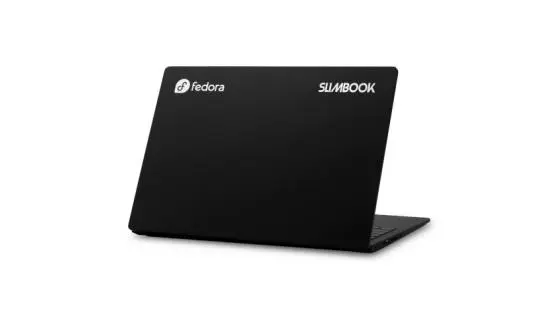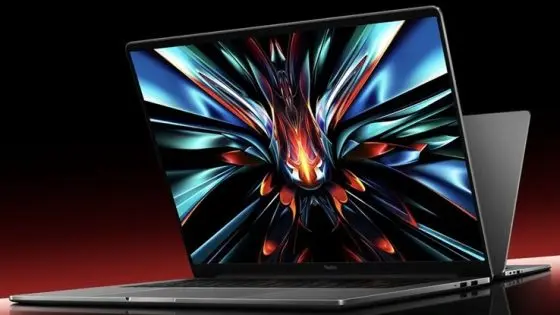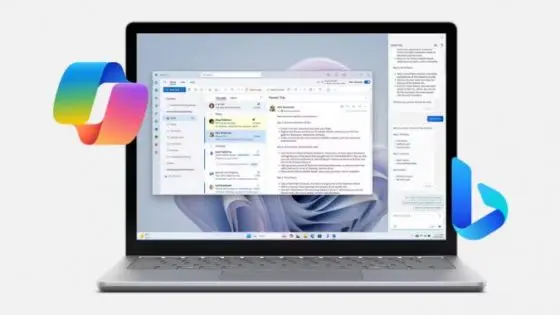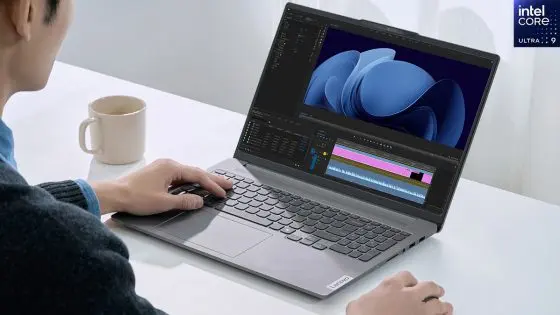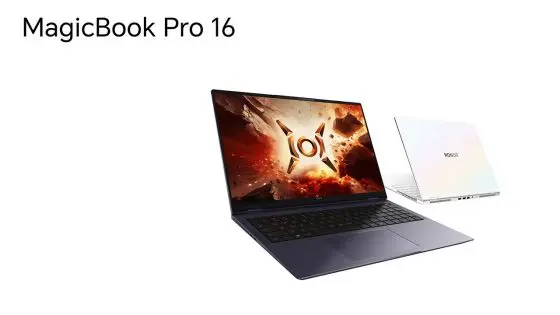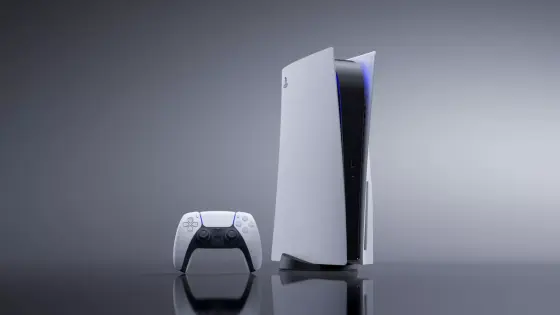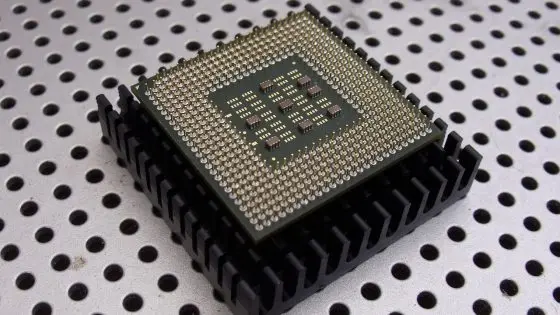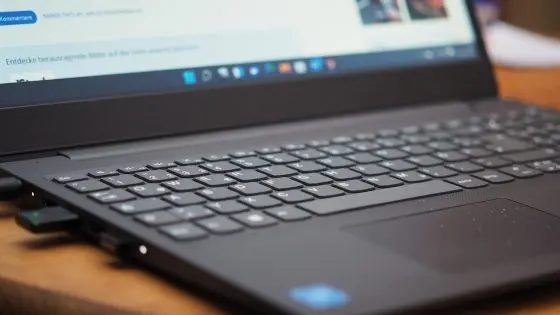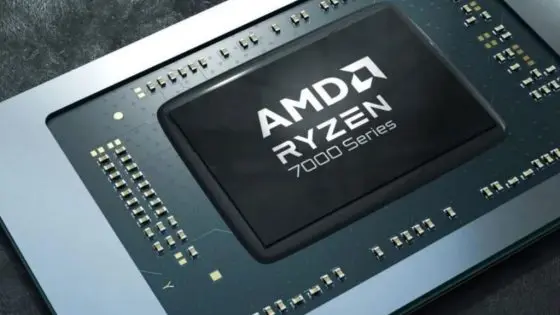Passive cooling of computer components with salt water?

The future of computing and cooling solutions looks much more interesting than traditional air- or liquid-cooled processors. Recently, Chinese developers introduced membrane-enclosed passive moisture-absorbing cooling for high-performance, low-cost and long-lasting thermal management of electronics.Â
An analysis by Tom's Hardware suggests that a revolutionary cooling method involving salt water could improve CPU performance by up to 32.65 %.
The project, developed in China, is a joint effort of researchers who wanted to create a new passive cooling method similar to the Frore Airjet semiconductor device. However, this unusual approach uses a saltwater solution instead of vibration-activated airflow, which simultaneously allows moisture to be absorbed from the surrounding air and evaporated from a membrane installed in the unit.
Although salt water initially raises fears of corrosion, this cost-effective alternative provides 10x longer effective CPU cooling than modern alternatives, as the lithium bromide is securely sealed and remains porous, and the absence of moving parts should would significantly reduce wear. During testing, the researchers found that the HSMHD cooler can moreÄ like six and a half hours, it maintains the comfortable operation of the unnamed processor at a temperature below 64 °C.
Currently, the most comparable competitor to this salt cooler is the metal-organic framework (MOF), which has an equally confusing explanation of its inner workings. However, the chromium-based MOF is said to be 1000 times less cost-effective than this new HSMHS solution, according to an additional document review by Tom's Hardware.
Researchers from the City University of Hong Kong and the School of Power and Energy Engineering at Huazhong University of Science and Technology in Wuhan conducted their tests with the final model, but claimed it was a cost-effective solution. which renews itself.
This unusual solution for thermal control of the processor will not be used in your next laptop or even in the future Xbox, as the researchers behind the technology have turned their sights to batteries for solar energy and cooling the entire buildings such as data centers. That's not to say that this technology can't be adapted to an everyday desktop PC, but it's doubtful that a saltwater solution will replace your CPU cooler in your next custom PC build any time soon.
At the moment, this is just an interesting research project that promises a bright future for passive cooling technology. Anything that eliminates the need for oversized fan units or liquid pumps will naturally improve the potential performance of thin hardware such as portable gaming laptops and even smartphones.



